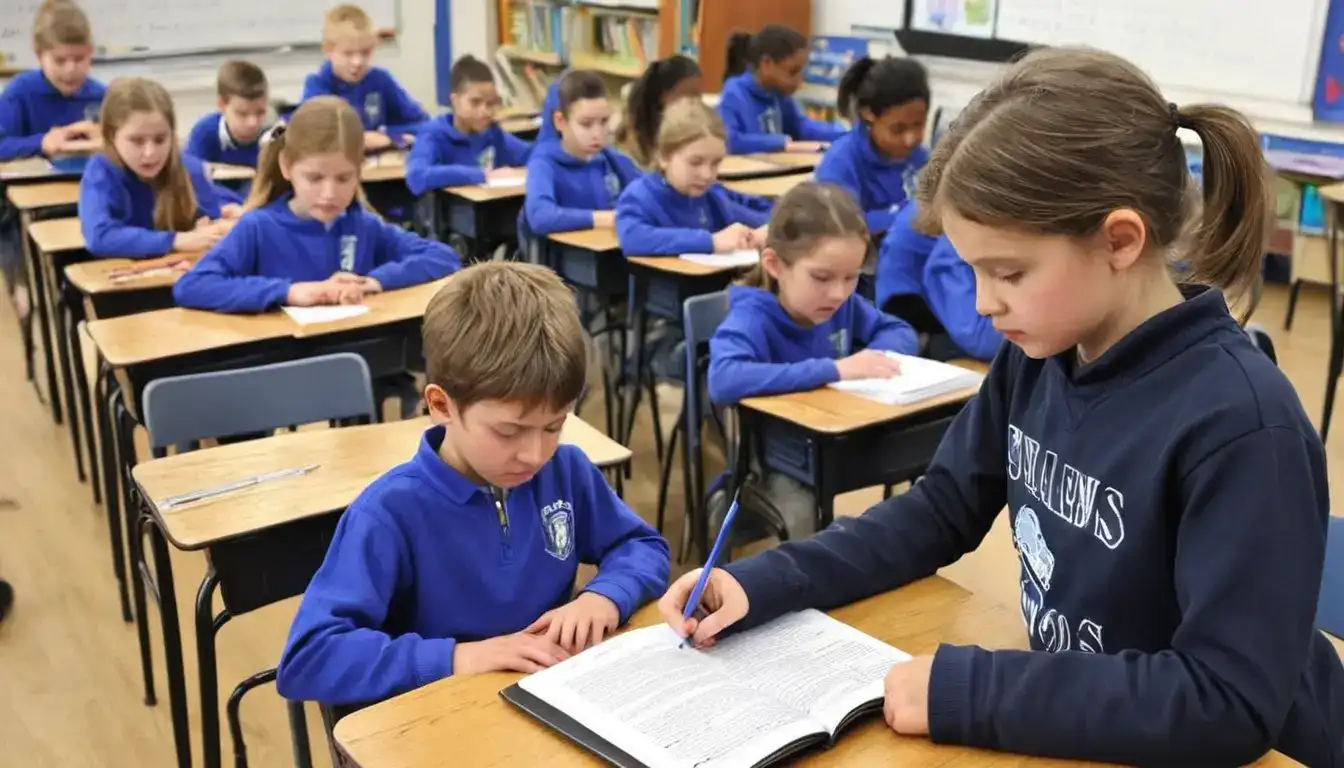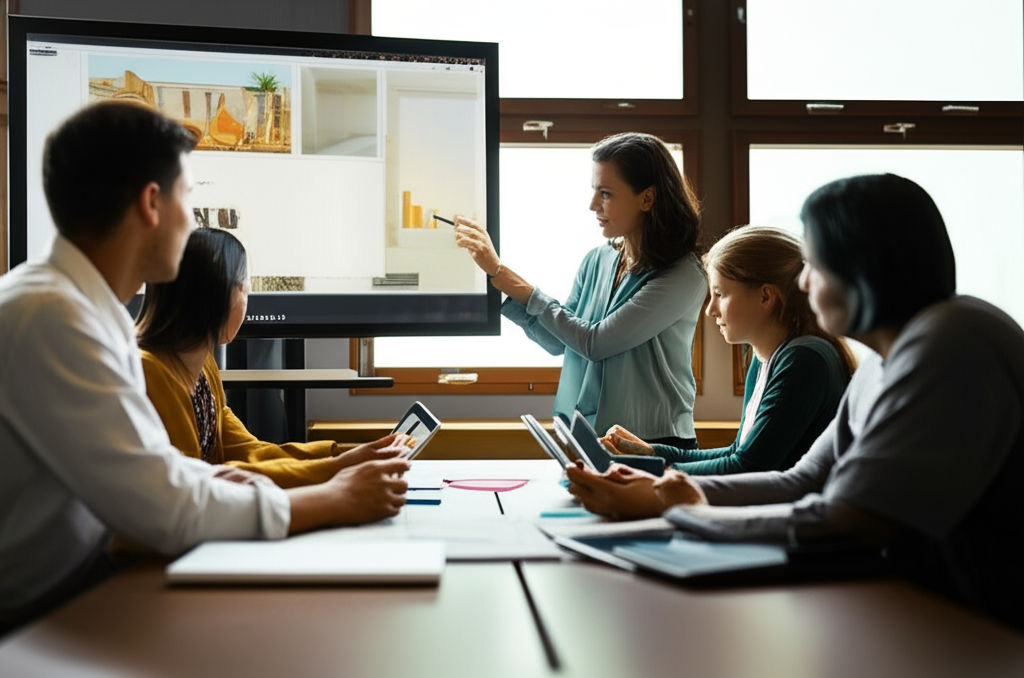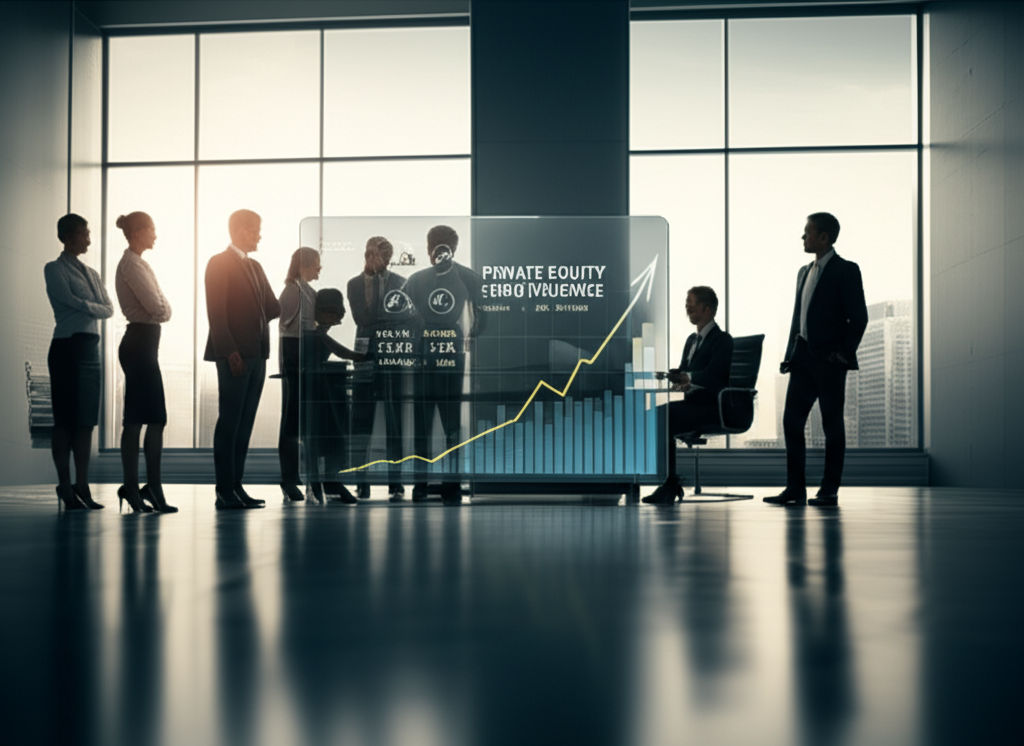Future of Education: The Classroom of Tomorrow
Emily Willis

Photo: Future of Education: The Classroom of Tomorrow
The future of education is a topic that sparks curiosity and excitement, promising a transformative shift in how we learn, teach, and grow. It's about much more than just new gadgets; it's about reimagining the entire learning experience to be more engaging, personalized, and effective for everyone. As a professional SEO article writer, I'm here to guide you through the exciting landscape of the classroom of tomorrow, ensuring this article is not only informative but also easy to understand and highly engaging.
The Classroom of Tomorrow: Unlocking the Future of Education
Imagine a world where learning isn't confined to four walls, where every student has a tailor-made educational journey, and where technology makes complex concepts come alive. This isn't science fiction; it's the exciting future of education that's already taking shape. The classroom of tomorrow is set to revolutionize traditional learning, making it more flexible, personalized, and deeply engaging. This article will explore the key trends and innovations driving this change, from AI in education to immersive learning experiences, and discuss how we can all prepare for this exciting new era.
Beyond Four Walls: The Blended Learning Revolution
The COVID-19 pandemic significantly accelerated a trend already in motion: the rise of online and hybrid learning models. What started as a necessity has now become a powerful pathway to more flexible and accessible education.
The Rise of Online and Hybrid Models
The traditional school day, from bell to bell, is being complemented by dynamic online platforms. These platforms provide access to rich educational content and expert instructors from virtually anywhere in the world. This shift allows for greater flexibility, enabling students to access materials and engage with lessons on their own schedules and at their own pace. Hybrid classrooms, combining in-person instruction with digital resources, offer the best of both worlds, creating personalized learning pathways where students can work independently while still benefiting from direct teacher support.
Flexibility and Accessibility for All
This blended approach to learning is a game-changer for accessibility. It means education can reach students in remote areas, those with unique schedules, or individuals who thrive in different learning environments. It's about breaking down geographical barriers and making quality education available to a broader audience.
Personalized Pathways: Education Tailored to You
One of the most profound shifts in the future of education is the move away from a "one-size-fits-all" approach to truly personalized learning. This isn't just about moving textbooks online; it's about creating an educational experience that adapts to your unique needs, strengths, and interests.
AI and Adaptive Learning Platforms
At the heart of this personalization is Artificial Intelligence (AI). AI-powered platforms can analyze a student's performance data, identify learning patterns, and even pinpoint areas where they might be struggling or excelling. This data then allows the platform to provide tailored educational content, custom lessons, and exercises that match individual progress and learning styles. Imagine a virtual tutor that knows exactly when you need more practice on a particular concept and can provide instant feedback. This adaptive learning ensures that students are neither bored by material that's too easy nor overwhelmed by content that's too difficult, leading to higher engagement and improved retention rates.
Student-Centered Approaches
This move towards personalization empowers students to become active participants in their own educational journeys. They gain more autonomy and control, fostering a sense of empowerment and higher engagement levels. Educators can leverage data-driven insights to refine curriculum and make informed decisions that enhance the learning experience for each individual.
Empowering Individual Strengths
By tailoring lessons to individual needs, personalized learning helps students focus on their strengths while addressing areas for improvement. This approach nurtures a lifelong passion for learning and helps students develop confidence in their abilities.
Immersive Experiences: Learning Through Technology
Beyond traditional screens, the classroom of tomorrow will offer truly immersive learning experiences, making education more engaging and memorable than ever before.
Virtual Reality (VR) and Augmented Reality (AR) in the Classroom
Virtual Reality (VR) and Augmented Reality (AR) are transforming how students interact with learning content. VR creates entirely simulated environments, transporting students to virtual worlds where they can explore ancient cities, dissect virtual organisms, or even journey through the human body. Imagine exploring the pyramids of Giza from your desk or walking through a rainforest to discover different animals and vegetation. This provides experiential learning that would otherwise be impossible within a traditional classroom.
Augmented Reality (AR), on the other hand, overlays digital information onto the real world, enhancing the physical classroom environment. Students can use AR apps on tablets or smartphones to see 3D models of chemical compounds projected onto their desks, visualize abstract mathematical concepts in their physical space, or bring historical artifacts to life. This technology makes abstract ideas tangible and interactive, sparking curiosity and encouraging deeper understanding.
Gamification: Making Learning Engaging
Learning in the classroom of tomorrow will also feel more like a game! Gamification, the application of game elements in educational contexts, is already making learning more fun and engaging. Platforms use AI to customize game challenges based on a student's skill level, offering rewards and unlocking new levels as they master concepts. This approach significantly boosts student engagement and improves information retention, especially for younger generations.
The Evolving Role of the Educator: From Lecturer to Facilitator
As technology takes on more administrative and personalized teaching tasks, the role of the educator in the future of education is evolving significantly. Teachers won't be replaced; their role will be enhanced, shifting from being the primary source of information to becoming guides, mentors, and facilitators.
Guiding, Mentoring, and Inspiring
Educational technology, particularly AI in education, can automate routine administrative duties like grading and attendance, freeing up teachers' time to focus on more meaningful student engagement. This allows educators to dedicate more energy to nurturing critical thinking, creativity, and problem-solving skills. They can provide individualized support, identify students who are struggling, and offer targeted strategies.
Focusing on Soft Skills and Critical Thinking
The classroom of tomorrow will emphasize developing skills that go beyond rote memorization. Teachers will play a crucial role in fostering essential "soft skills" like communication, collaboration, and emotional intelligence – skills that are vital for future success. They will guide students in navigating complex information, asking good questions, and applying knowledge to real-world problems.
Global Classrooms and Collaborative Learning
The future of education is inherently global. Technology is dissolving geographical boundaries, allowing students and educators to connect and collaborate across continents.
Connecting Beyond Borders
Imagine students in New York collaborating on a science project with peers in Tokyo, or participating in a virtual debate with classmates from different cultural backgrounds. Global classrooms foster empathy, cultural competence, and a broader understanding of diverse perspectives. This interconnectedness prepares students to thrive in an increasingly globalized world.
Project-Based Learning and Real-World Challenges
With access to diverse perspectives and resources, the classroom of tomorrow will likely see an increase in project-based learning. Students will tackle real-world challenges, working in teams to find innovative solutions, much like they would in a professional setting. This hands-on approach encourages critical thinking, teamwork, and practical application of knowledge.
Skills for the Future: What Will Students Really Need?
As the world changes at an unprecedented pace, driven by technological revolutions, the skills needed to succeed are also evolving. The future of education must equip students with "future-ready skills" that go beyond traditional academic subjects.
Digital Literacy and Computational Thinking
Digital literacy is no longer optional; it's a fundamental requirement. Students will need to be proficient in using various digital tools, understanding data, and navigating the digital landscape responsibly. This includes understanding how to interact with AI tools and developing computational thinking skills.
Creativity, Collaboration, and Communication
The World Economic Forum's Future of Jobs Report highlights that analytical thinking, creativity, collaboration, and communication are among the top essential skills for 2025 and beyond. These are the human-centric skills that AI cannot easily replicate. The classroom of tomorrow will prioritize fostering these abilities through interactive and collaborative learning environments.
Lifelong Learning as a Core Competency
The pace of change means that learning won't stop after formal education. Lifelong learning will become a core competency, as individuals will need to continuously adapt, upskill, and reskill throughout their careers to remain relevant in the workforce. The future of education will instill a mindset of continuous growth and curiosity.
Preparing for the Classroom of Tomorrow: Actionable Steps
The transformation of education requires a collective effort. Here's how different stakeholders can prepare for the exciting classroom of tomorrow:
For Students and Parents:
- Embrace Curiosity: Encourage an inquisitive mind and a love for exploring new topics.
- Develop Digital Fluency: Get comfortable with various technologies and online learning tools.
- Focus on Soft Skills: Participate in activities that foster teamwork, communication, and problem-solving.
- Seek Personalized Opportunities: Explore online courses or platforms that cater to individual learning styles.
For Educators and Institutions:
- Invest in EdTech Training: Provide ongoing professional development for teachers to effectively integrate new technologies
Latest ✨
View AllThe digital age has brought both potential and challenges to classrooms. Challenges include the digital divide, lack of teacher training, screen time overload, data security, and content control. Solutions include bridging the gap in access to technology, providing teacher training, finding a balance between screen time and traditional learning, implementing cybersecurity measures, and filtering and monitoring content.
Emily Willis
Discover the blended teacher: how educators are transforming learning by combining traditional & online methods for personalized, engaging education.
Emily Willis
Empower students with agency! Give them voice, choice, & ownership in learning for a brighter future. Discover why it's crucial & how to cultivate it.
Emily Willis
Unlock business resilience! Prepare for, adapt to, and overcome challenges. Transform uncertainty into opportunity and build a stronger, future-proof business.
Emily Willis
Business
View All
June 8, 2025
Gain Competitive Edge in Any MarketMaster competitive advantage! Discover actionable strategies for business growth, market leadership, and differentiation in any market.
Emily Willis

August 4, 2024
Tips to Increase Work Productivity in BusinessIncreasing work productivity in business is achievable with the right strategies and mindset. By setting clear goals, prioritizing tasks, eliminating distractions, taking breaks, delegating responsibilities, using technology, maintaining a healthy work-life balance, continuously improving skills, fostering a positive work environment, and monitoring progress, you can boost productivity and achieve better results.
Emily Willis

August 4, 2024
The Importance of Financial Management for Small and Medium Enterprises (SMEs)emphasizes the importance of effective financial management for small and medium enterprises (SMEs) in a competitive business environment.
Emily Willis
Economy
View AllBoost your business profits! Discover actionable strategies to maximize revenue and efficiently manage costs for sustainable growth.
Read MoreDemystifying private equity: Understand its surging influence, how it reshapes industries & economies, and its impact on modern capitalism.
Read Moreimpact of inflation on households and businesses, outlining the causes and consequences of rising prices. It provides strategies for both households and businesses to cope with inflation, such as budgeting, seeking deals, and negotiating with suppliers. The importance of collaboration and communication between governments, businesses, and consumers is emphasized, along with the need for long-term investments in infrastructure, skills development, and sustainable practices.
Read MoreEntertainment
View All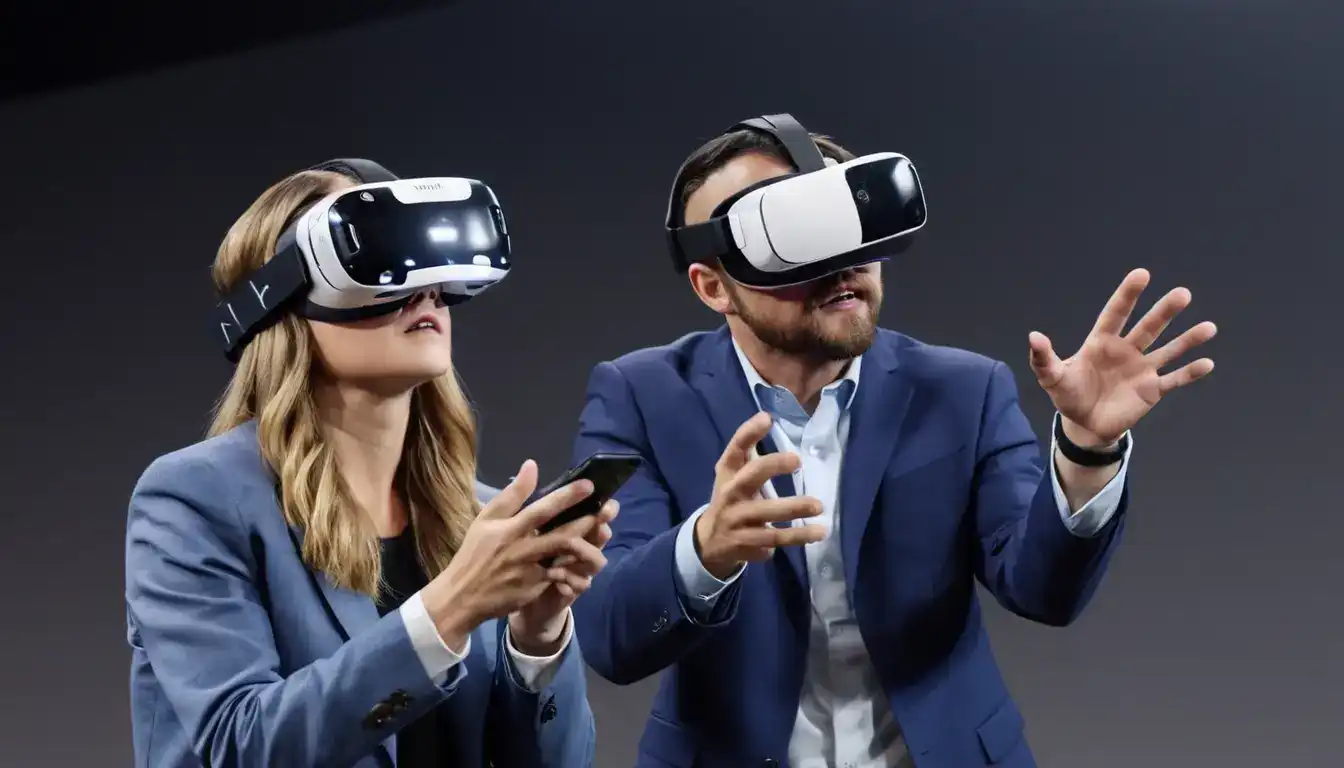
August 5, 2024
VR and AR Transform EntertainmentVirtual reality (VR) and augmented reality (AR) are transforming the entertainment industry by offering immersive experiences that blur the lines between the real and virtual worlds. VR completely transports users into computer-generated environments, while AR overlays digital elements onto the real world.
Emily Willis
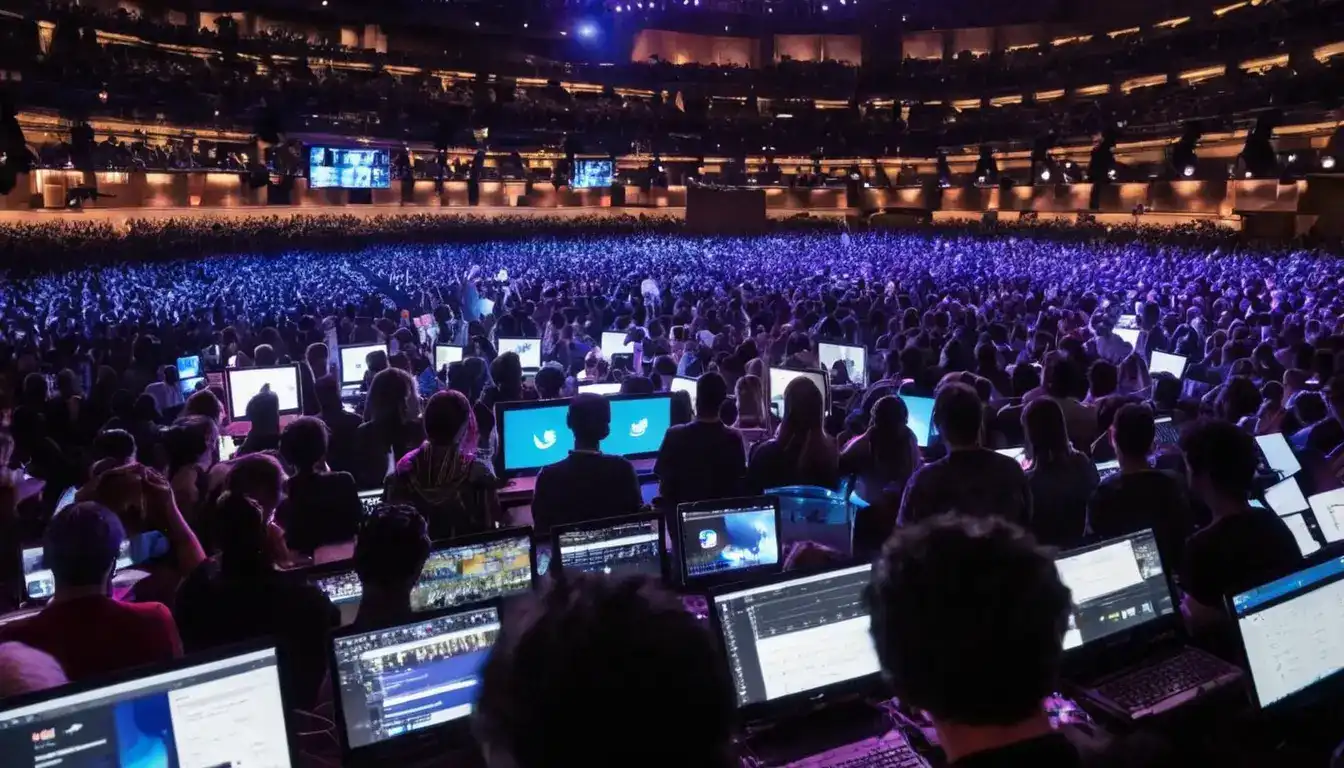
August 5, 2024
Music's Evolving Landscape: Technology, Social Media, and Global TrendsThe music industry has undergone significant changes due to technological advancements, social media, and a growing global audience. The shift from analog to digital formats, the rise of streaming services, and the impact of social media on artist-fan relationships are explored.
Emily Willis

August 4, 2024
Virtual Music Concerts: The Future of Live Performance?The music industry has seen significant changes in recent years, with virtual music concerts becoming a popular trend, especially due to the impact of the COVID-19 pandemic. Technological advancements have made virtual concerts more accessible and cost-effective, while also reducing the environmental impact of live events. However, challenges such as technical issues and the lack of physical presence remain. The future of virtual concerts may involve hybrid models that combine virtual and physical experiences, as well as continued technological innovation to enhance the quality of virtual performances. Building a sense of community and engagement will also be crucial for the success of virtual concerts moving forward.
Emily Willis
Health
View AllHeart disease is a leading cause of death globally, but early detection and prevention strategies can reduce its impact. This article discusses the importance of early detection, common risk factors, preventive measures, and lifestyle changes for heart health. Understanding heart disease, recognizing symptoms, and undergoing regular screenings are crucial. Common risk factors include high blood pressure, high cholesterol, diabetes, smoking, obesity, physical inactivity, and family history. Symptoms of heart disease include chest pain, shortness of breath, fatigue, irregular heartbeat, and swelling. Diagnostic tests and screenings include blood pressure measurement, cholesterol screening, blood glucose test, ECG, stress test, and imaging tests. Preventive measures include adopting a heart-healthy diet, regular physical activity, quitting smoking, managing stress, maintaining a healthy weight, and limiting alcohol consumption. Medications and treatment options may be necessary for individuals at high risk or diagnosed with heart disease.
Emily Willis
cultivating healthy lifestyle habits to improve overall well-being. It focuses on three pillars of well-being: nutrition, exercise, and sleep. It provides tips on how to incorporate these practices into daily routines, such as eating a variety of foods, finding enjoyable forms of exercise, and establishing a consistent sleep schedule.
Emily Willis
Nutrition is crucial for maintaining overall body health, impacting energy levels, disease prevention, and overall well-being. A healthy diet includes fruits, vegetables, whole grains, proteins, healthy fats, and hydration. Proper nutrition positively affects energy levels, immune function, heart health, weight management, and mental health. Practical tips for improving nutrition include planning balanced meals, reading food labels, cooking at home, limiting processed foods, and staying hydrated. By prioritizing nutrition and making informed choices, individuals can enhance their health and well-being.
Emily Willis
Trending 🔥
View All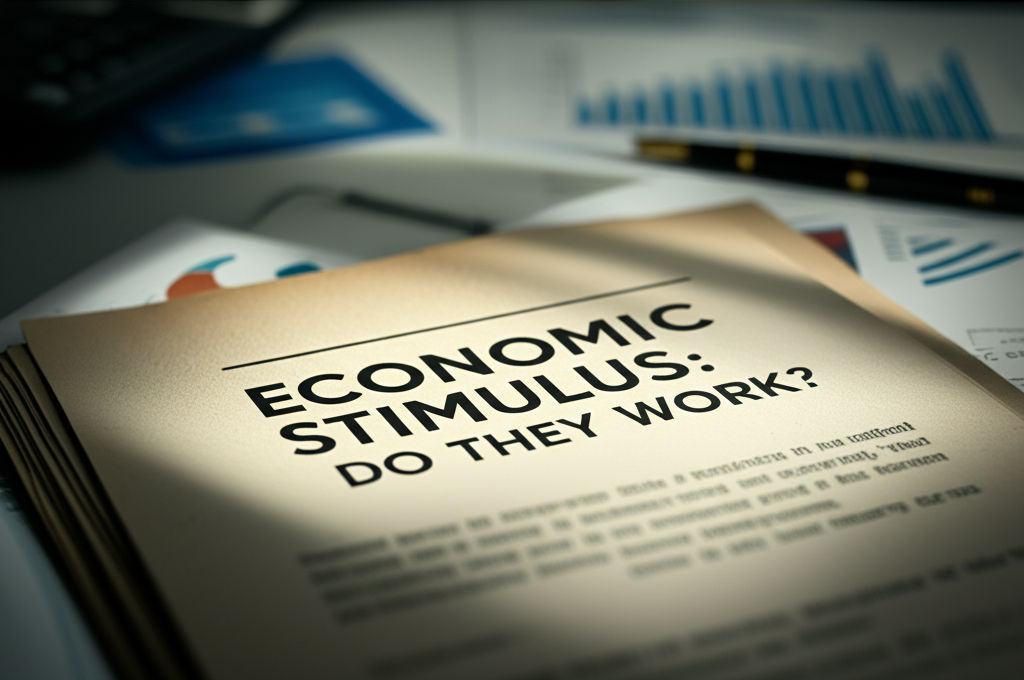
1
2
3
4
5
7
8
9
10
Sports
View AllAugust 4, 2024
The Importance of Mental Training and Psychological Strategies in Helping Athletes Reach Their Peak Performance on the Field
Read MoreAugust 5, 2024
Sportsmanship in the Spotlight: Cultivating Respect, Integrity, and Ethical Behavior
Read MoreTechnology
View All
August 5, 2024
Top Skills Every Junior Software Developer Should Master in 2024
Meta Description: Discover the top skills junior software developers need to master in 2024 to excel in their careers. From coding languages to soft skills, this blog reveals the secrets to staying ahead in the dynamic world of software development.

August 5, 2024
Top 10 Steam Games of 2024
Discover the 10 best Steam games of 2024 and embark on an unforgettable adventure. From breathtaking open-world epics to thrilling FPS battles, these must-play games will keep you entertained for hours. Get ready to dive into the exciting world of Steam gaming and discover your next favorite game!
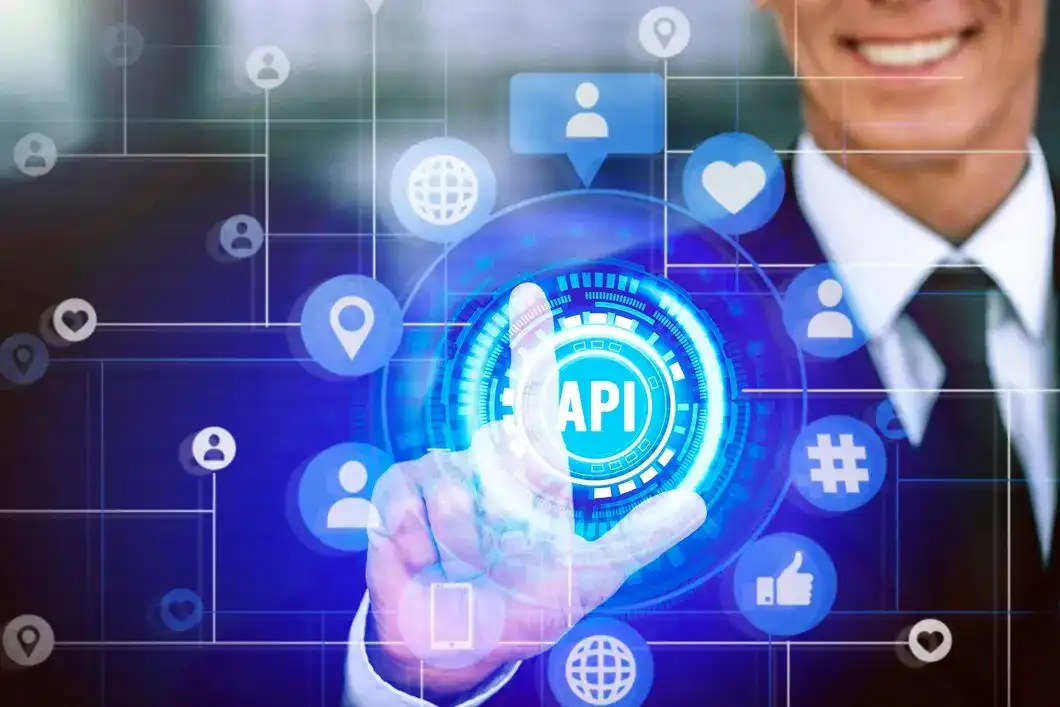
August 5, 2024
What is Blockchain and How does it Work?
Blockchain technology is a decentralized digital ledger that records transactions securely and transparently across multiple computers. Key concepts include decentralization, cryptographic security, and consensus mechanisms. Transactions are verified, grouped into blocks, and added to the blockchain through a consensus process.
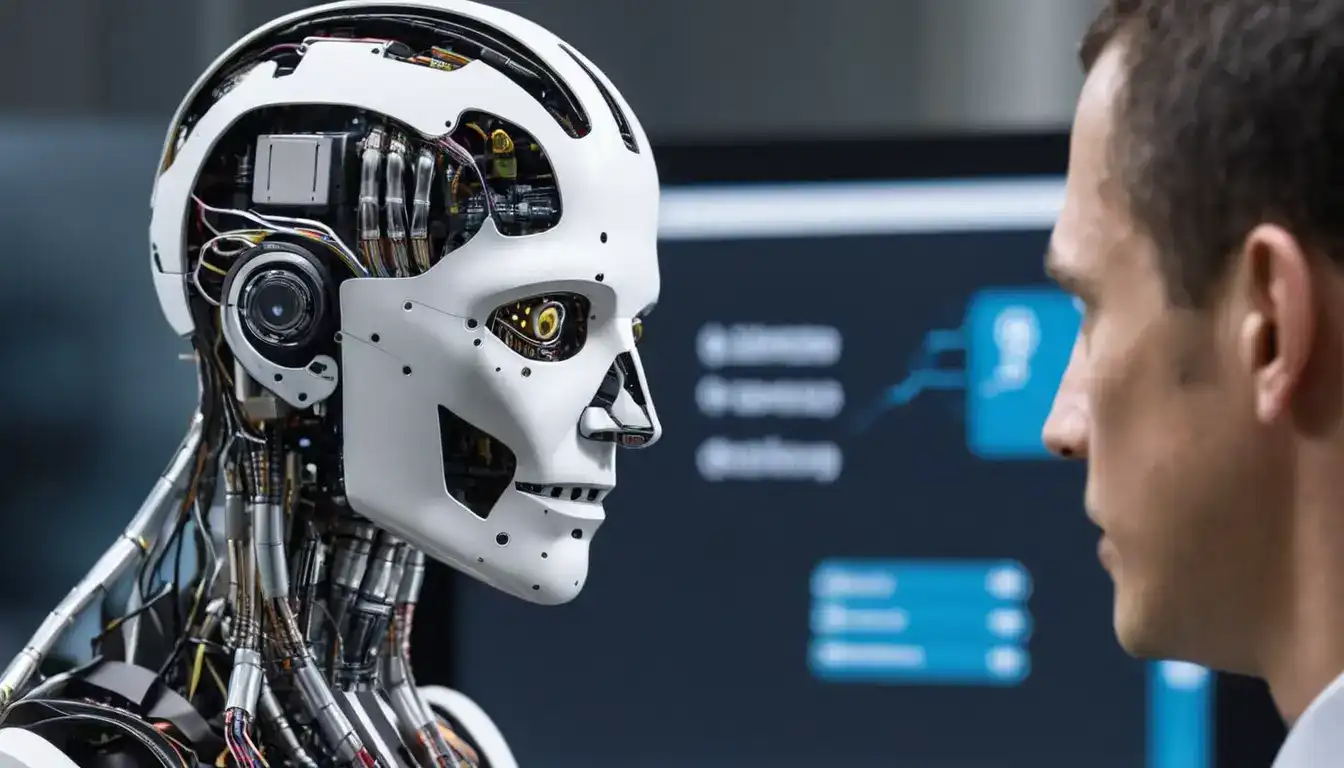
August 4, 2024
Impact of Artificial Intelligence on Business Operations: Efficiency and Innovation
Artificial Intelligence (AI) is transforming modern business operations by increasing efficiency, driving innovation, and driving strategic decision-making. AI automates routine tasks, improves data analysis, and enables personalized customer experiences.
